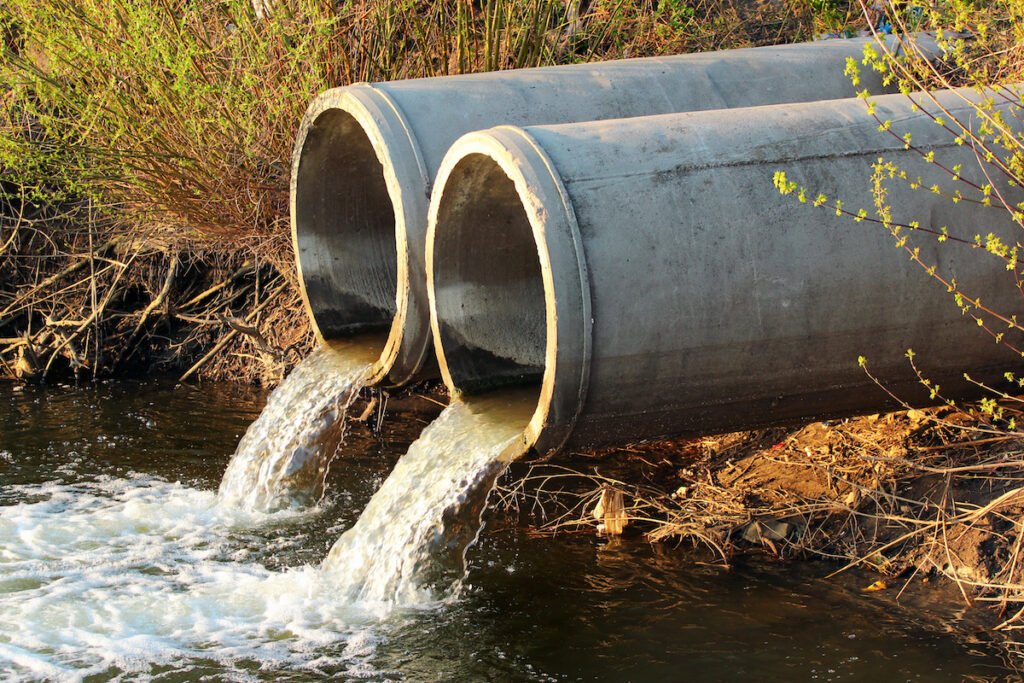U.S. cities with combined sewer systems risk having those systems overwhelmed during flooding, leading to the release of untreated sewage, according to an article in Eurasia Review.
Combined sewer systems collect stormwater and sewage using the same pipes, discharging their contents at wastewater treatment plants. “But the pipes can only convey a certain amount of flow. During wet weather events, to avoid inundating the wastewater treatment plants some portion of the flow still overflows into the natural water bodies through features known as combined sewer overflows – or CSOs.”
While cities are working to upgrade their infrastructure and limit CSOs, “As climate change brings more heavy rain and higher river levels, the problem worsens and cannot be mitigated with conventional approaches to stormwater management.”
A group of researchers from Drexel University studying Camden, New Jersey created climate models to simulate future flooding and CSOs in the city and evaluate the effectiveness of potential interventions. Using the model, researchers found that a proposal to divert upstream stormwater away from its sewer system could help reduce CSOs. “Overall, the results suggest that increased precipitation events due to climate change will cause more combined sewer overflows. And sea level rise will make it more difficult for these systems to discharge into nearby bodies of water.”
